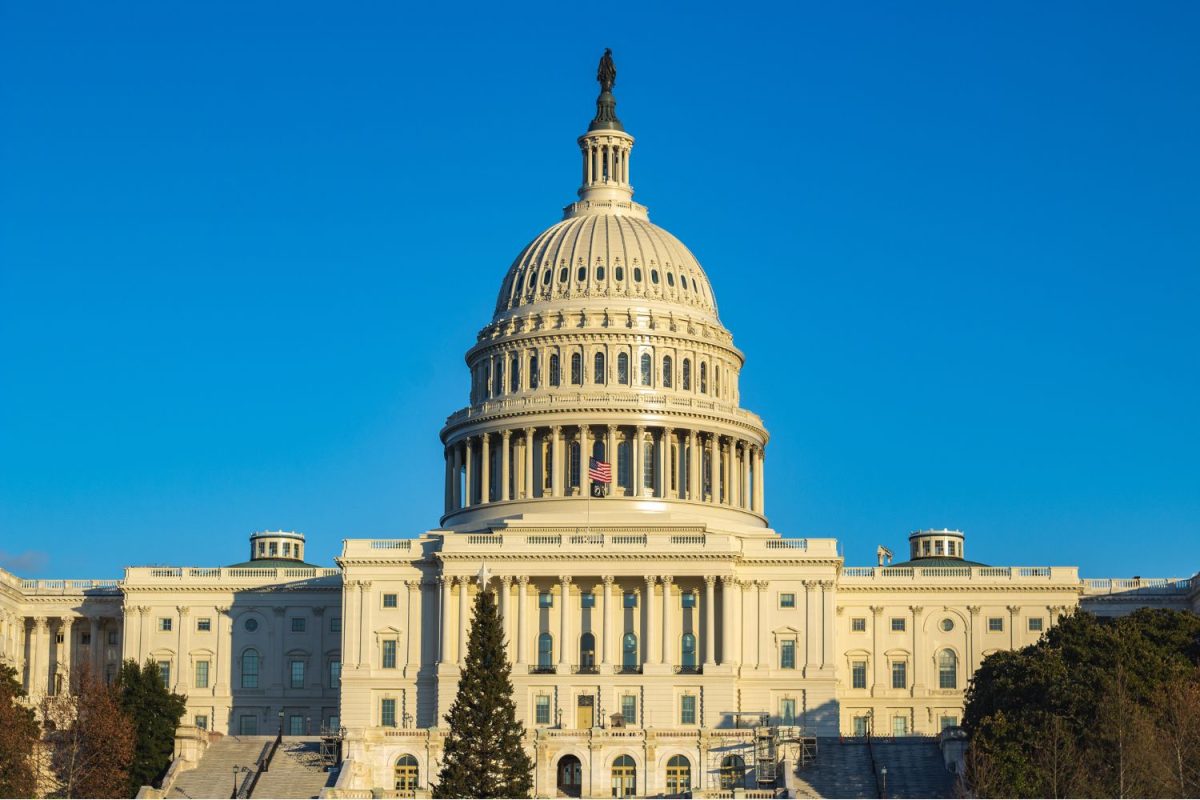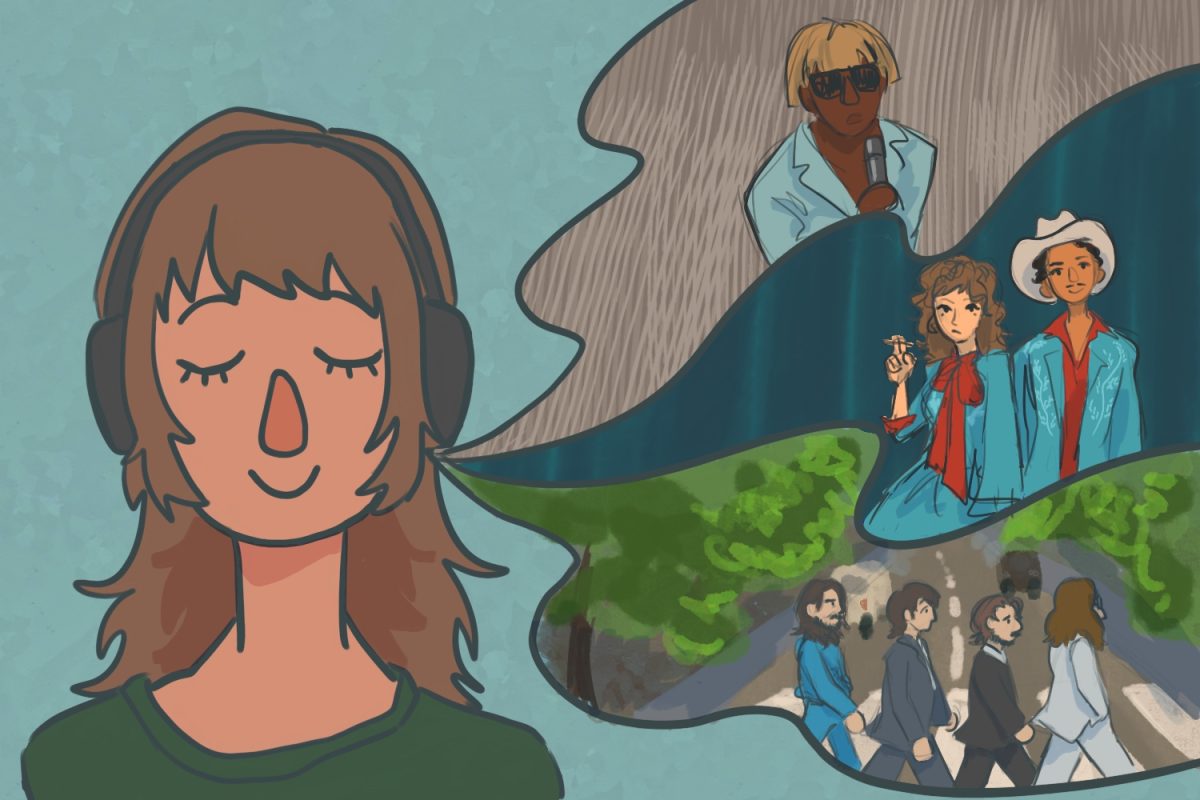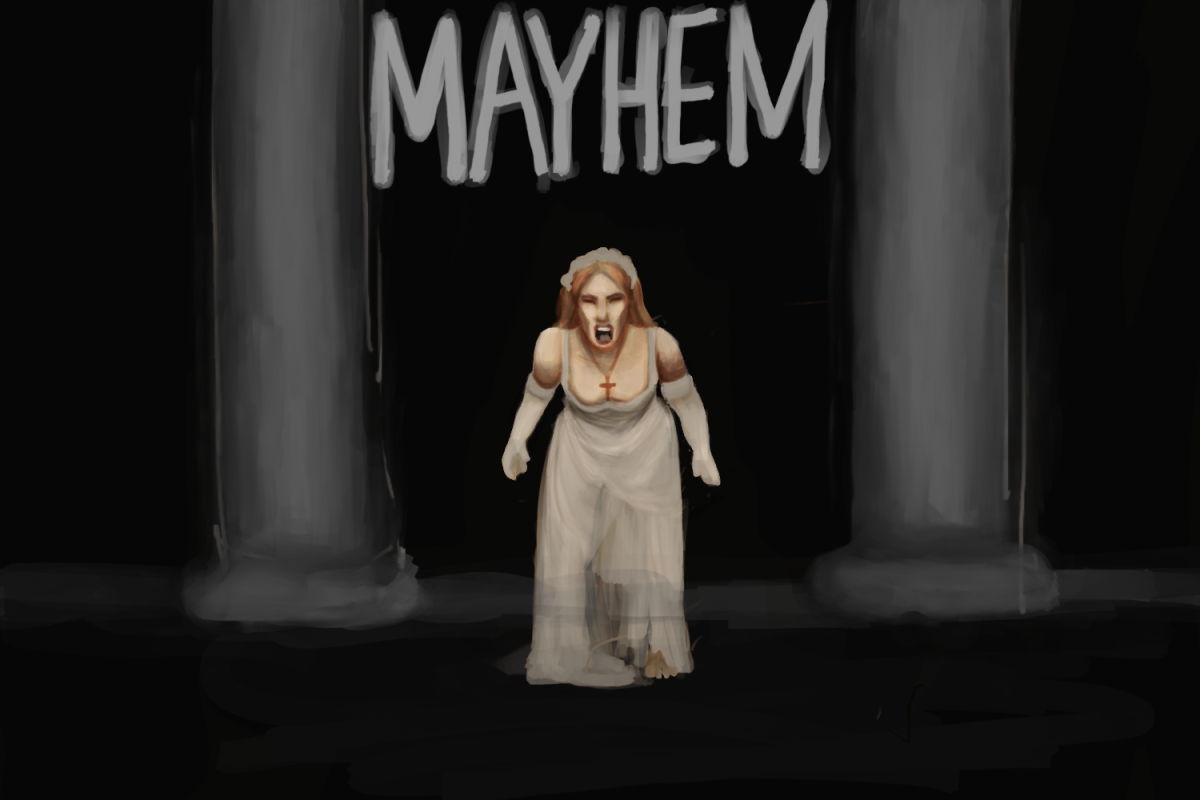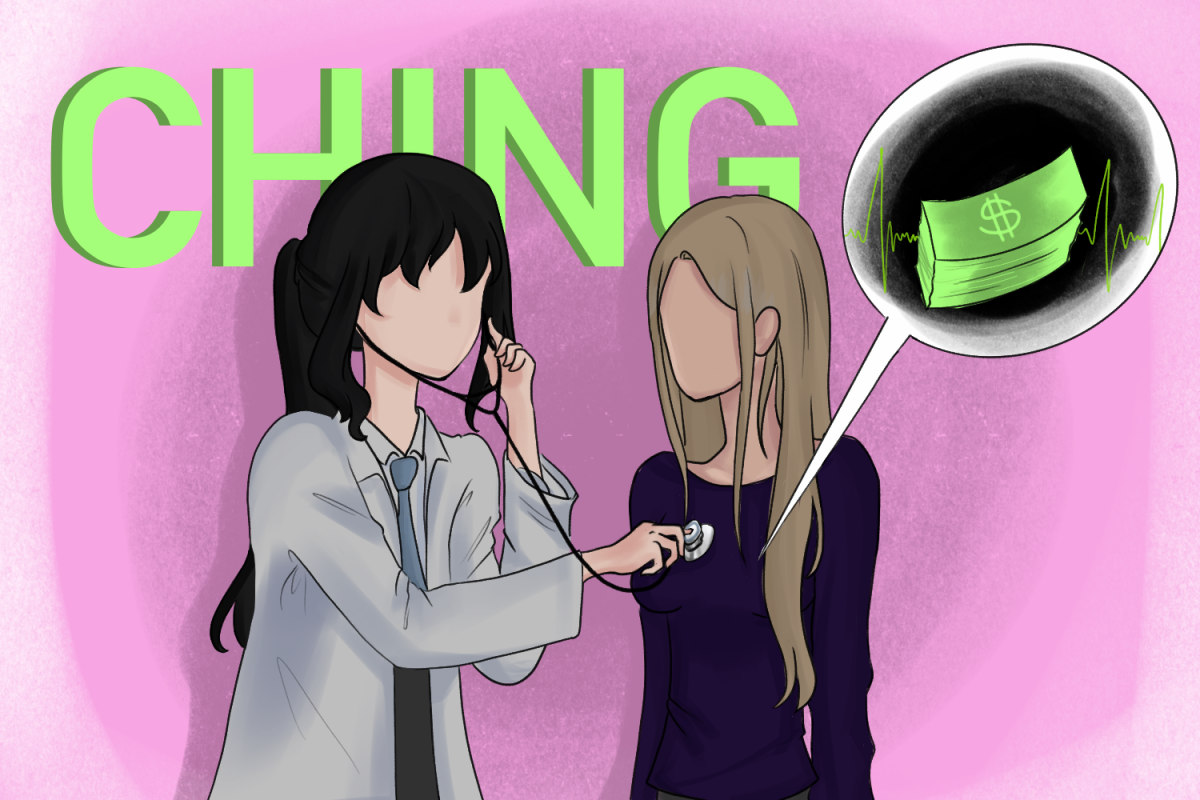American comics have created a unique culture in the United States and have influenced the media throughout the years with massive influxes of creativity and inspiration.
From superhero comics to strips in the newspaper, they have created a history of laughs and excitement.
“I read comic strip collections, mostly Peanuts, Garfield, and Calvin and Hobbes. Although they do not generally follow a larger plotline, I enjoy the characters and punchlines in the series,” said Phie Wei, a senior at Carlmont.
Comics have existed for decades, with one of the first comic books, “The Adventures of Obadiah Oldbuck,” by Rodolphe Töpffer, being published in 1837.
However, it wasn’t until 1929 that one of America’s first comic books, “Funnies on Parade,” would come out .
Following the comic’s introduction to American society, it rapidly took off, reaching its golden age in 1938 with the debut of “Superman” by Joe Shuster and Jerry Siegel.
According to Britannica, Superman served as a beacon of hope during the Great Depression because many audience members related to the hero as a downtrodden “everyman.”
Comic book sales continued to soar even in the decades after their introduction. In 1991, “X-Men Vol. 2″ sold an estimated 8,014,500 issues.
Still, comic book popularity remains. In 2011, the overall North American market, including both print and digital, was estimated to be worth $715 million; in 2021, the market increased to $2.075 billion, according to Comichron.
“Comics have really developed and become more sophisticated nowadays; many more people are interested. Especially now, there is a lot more content to consume as well as collectibles and diversity,” said Mike Fields, a worker at Anime Imports. “It has become more mainstream and a part of normalized culture.”
Further, the development of comics in American culture has changed the way in which individuals express themselves in society.
Many comics and graphic novels reflect authors’ personal narratives, events, social problems, and societal developments. Comics have become a natural form of expression and visual representation that readers can relate to.
Comics continue to be a cornerstone of American culture, bringing experience and memorability to many Americans.
“Throughout my childhood, comics were a great source of joy and artistic inspiration,” Wei said.






















